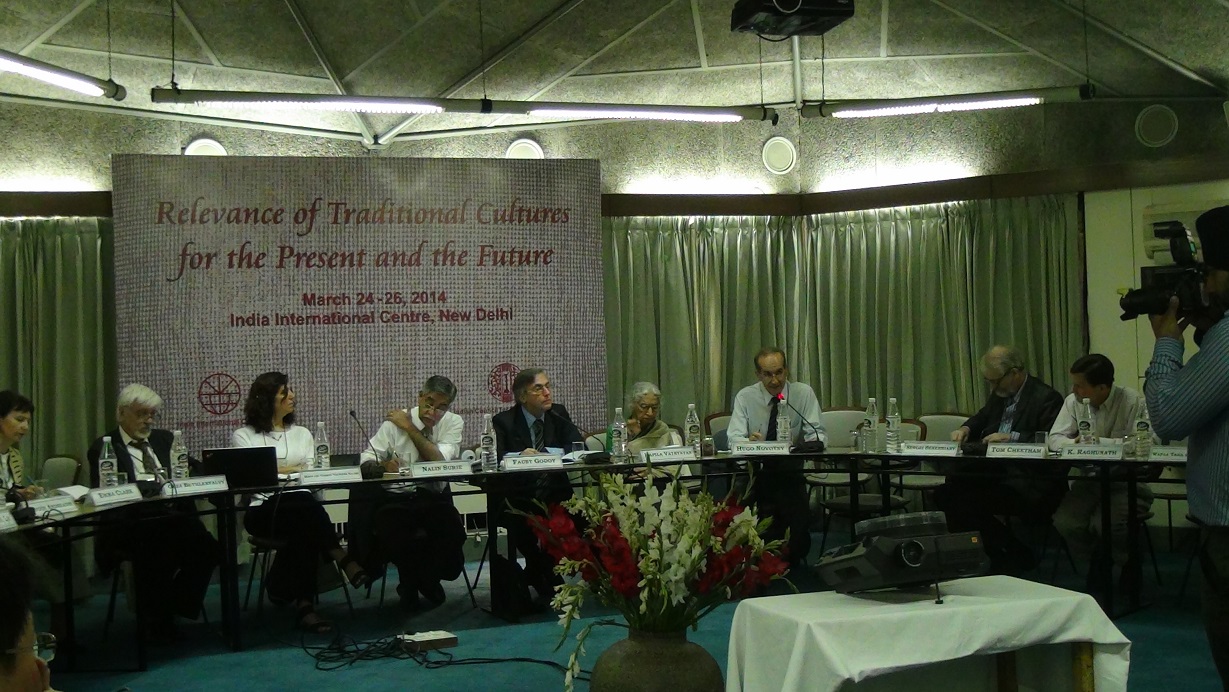By Mirjam van Reisen* | IDN-InDepth NewsAnalysis
BRUSSELS (IDN) – Even though the military regime has closed the border and practices a shoot-to-kill policy to stop people fleeing, nearly every tenth Eritrean has fled the country for political reasons or belongs to the Eritrean diaspora. With over 200,000 having sought refuge abroad or chosen to live overseas recently, more than ten per cent of the population seems to prefer to live abroad.
In fact, according to Dutch Minister Fred Teeven, there has been a rapid increase of refugees during the last months. In 2013 the Netherlands received one thousand Eritrean refugees in total. Meanwhile, the number of asylum seekers arriving in the Netherlands from Syria and Eritrea has gone up from 1,000 a month in February and March to around 1,000 a week.





